- BlackVoter.Org
- Posts
- BlackVoter.Org
BlackVoter.Org
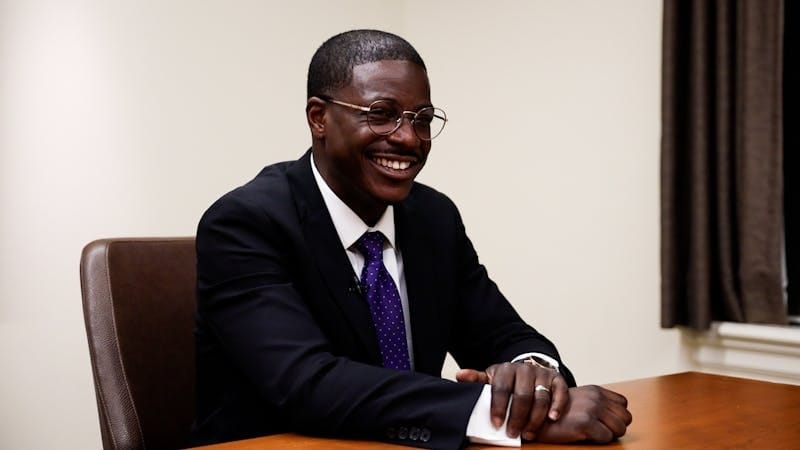
In a recent interview with The Daily Cardinal, Milwaukee County Executive and Democratic gubernatorial candidate David Crowley emphasized the critical role of youth in shaping politics. Crowley believes young voices are essential to the Democratic Party, sharing his commitment to involving them actively in his campaign.
As he seeks to strengthen Wisconsin's public education and address the pressing affordability crisis in housing, he highlighted the need for comprehensive discussions among students, faculty, and regents on university funding. With a background as the youngest and first Black Milwaukee County Executive, Crowley aims to bridge divides, focusing on common ground rather than partisan conflicts.
He champions abortion rights, expressing a personal commitment to protect reproductive health, and supports the legalization of marijuana to boost state revenue. As the primary approaches on August 11, 2026, Crowley's vision reflects his dedication to practical solutions for Wisconsin's challenges and prioritizing the voices of all citizens, regardless of political affiliation.


The Black Catholic intellectual tradition enriches the Church in profound ways, showcasing a vibrant legacy of activism, spirituality, and scholarship. As highlighted by Servant of God Sister Thea Bowman and others, being Black and Catholic means embracing one's full identity—historical, cultural, and spiritual—as a gift to the Church.
This legacy challenges the predominantly white U.S.
Catholic hierarchy by emphasizing that Black Catholics are not just subjects of conversion but vital contributors to the faith's tapestry.
Figures like Sister Mary Antona Ebo, who marched for civil rights, and Father Cyprian Davis, who chronicled Black Catholic history, exemplify this rich tradition.
They, along with many others, have shaped discussions around race and inclusion in Catholicism and encouraged a broader understanding of what it means to be both Black and Catholic. As we honor this heritage during Black Catholic History Month, we must recognize the unique gifts of Black communities, fostering reconciliation and a fuller Church experience that values diverse spiritualities and worldviews.

In her compelling article, Danielle Pletka examines the troubling moral state of American politics, raising a clarion call about the compromises being made by leaders from both sides of the aisle. The piece dives into the recent uproar surrounding The Heritage Foundation's president and his contentious associations, notably with Tucker Carlson and the controversial figure Nick Fuentes.
Pletka highlights the contradiction in the Republican response—while some, like Ted Cruz, vocally reject antisemitism and bigotry, others, including Vice President JD Vance, seem caught in a moral balancing act that undermines core conservative values. She doesn’t shy away from criticizing Democrats either, pointing to Congressman Chuy Garcia's questionable retirement announcement designed to benefit his chief of staff.
This blend of opportunism and ethical failings across the spectrum is painted as a dire threat to genuine democratic principles, pressing readers to reflect on the urgent need for integrity in political discourse.
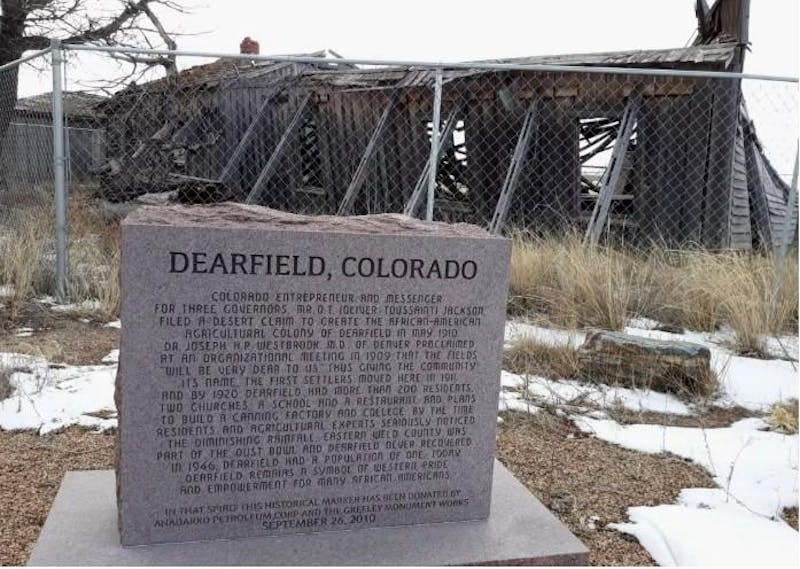
Step into the rich history of Dearfield, Colorado, a remarkable vestige of African American resilience and independence! Founded in 1910 by Oliver Toussaint Jackson, Dearfield flourished as a thriving farming community until the Dust Bowl forced many to leave. Today, the story of this once-vibrant settlement is being revived by dedicated preservationists, including Professor George Junne from the University of Northern Colorado.
With ongoing excavation efforts revealing treasures from the past—like historical ledger books and artifacts—Junne and his team aim to transform Dearfield into a public educational site. They envision a museum that honors the legacy of its founders while highlighting moments of racial harmony in the past.
For visitors like Terri Gentry, a descendant of Dearfield's original landowners, walking the grounds is a powerful tribute to ancestors who forged their paths against overwhelming odds. This effort not only preserves African American history but showcases a time when community thrived beyond racial divides.
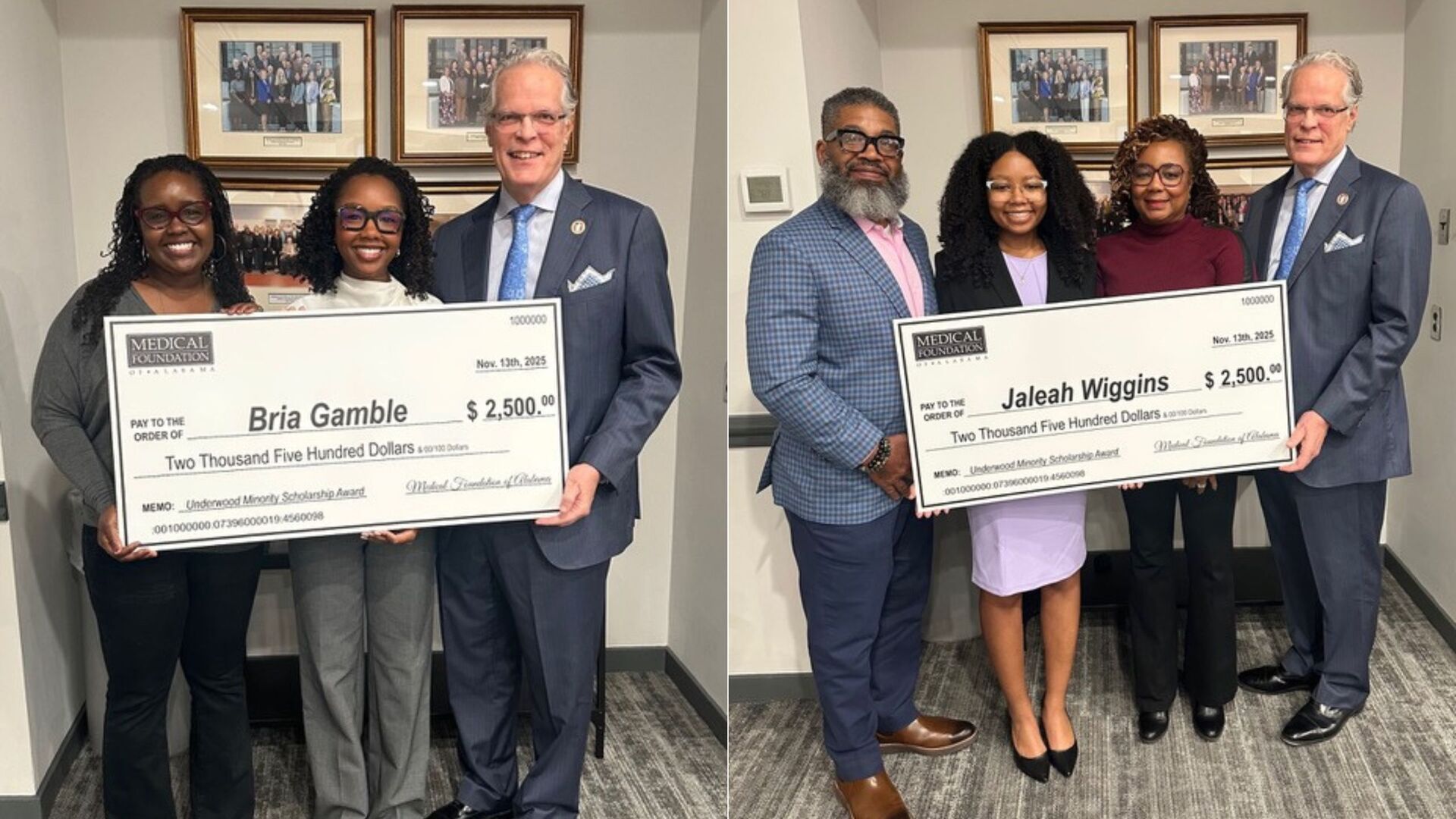
The Medical Association of the State of Alabama has recognized the outstanding achievements of two medical students, Bria Gamble and Jaleah Wiggins, awarding each a $5,000 scholarship to support their medical education. These scholarships fall under the Underwood Minority Scholarship Award, named after Dr.
Jefferson Underwood III, the first African American president of the Association. Bria, a dedicated student at UAB's Heersink School of Medicine, is actively involved in professional organizations, while Jaleah, a UAB graduate with a background in Biomedical and Health Sciences, contributes as a tutor and volunteer.
Dr. Mark LeQuire, president of the Medical Association, emphasized that these scholarships not only ease the financial burden of medical school but also aim to cultivate future leaders in medicine.
The initiative is a step toward enhancing diversity in the healthcare field, encouraging promising talent to transform the landscape of medical care in Alabama.
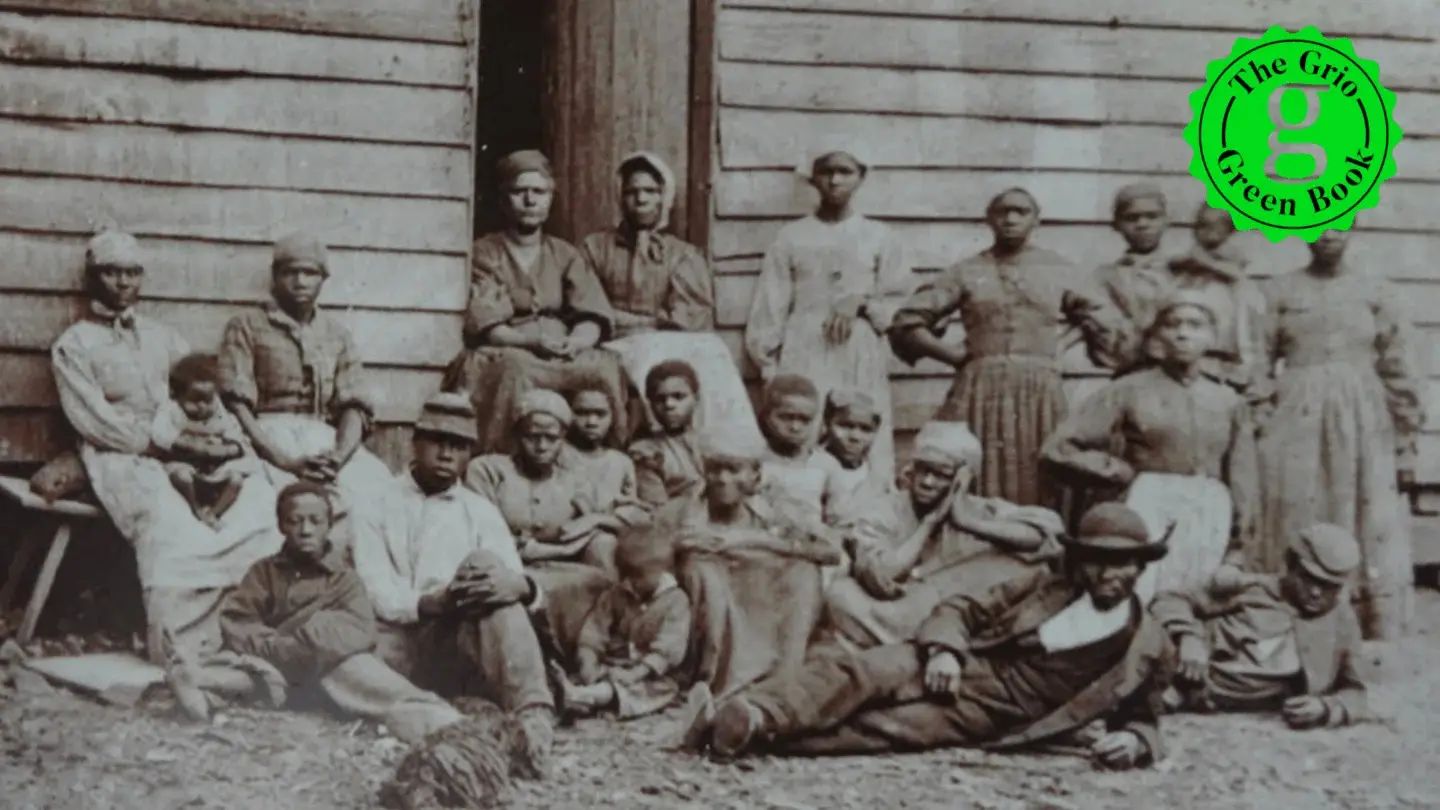
Nestled on the shores of Hilton Head, Mitchelville stands as a poignant testament to Black self-governance and resilience. Established during the Civil War, it became the first self-ruled community for Black freedmen in the U.
S. when Union Army Major General Ormsby Mitchel gifted 300 acres to former slaves, empowering them to build their own homes, schools, and businesses.
Despite struggling against adversity, including a devastating hurricane and disputes over land, Mitchelville made history by implementing the first compulsory education law in South Carolina.
Today, Mitchelville Freedom Park honors this vibrant legacy, featuring sculptures, the historic First African Baptist Church, and events like an annual Juneteenth celebration.
The park aims to educate visitors about this remarkable chapter of American history while addressing the complexities of our nation's past. As the community seeks to preserve its heritage and attract new visitors, the story of Mitchelville inspires hope and unity, serving as a reminder of the strength and determination of those who built a thriving town against all odds.
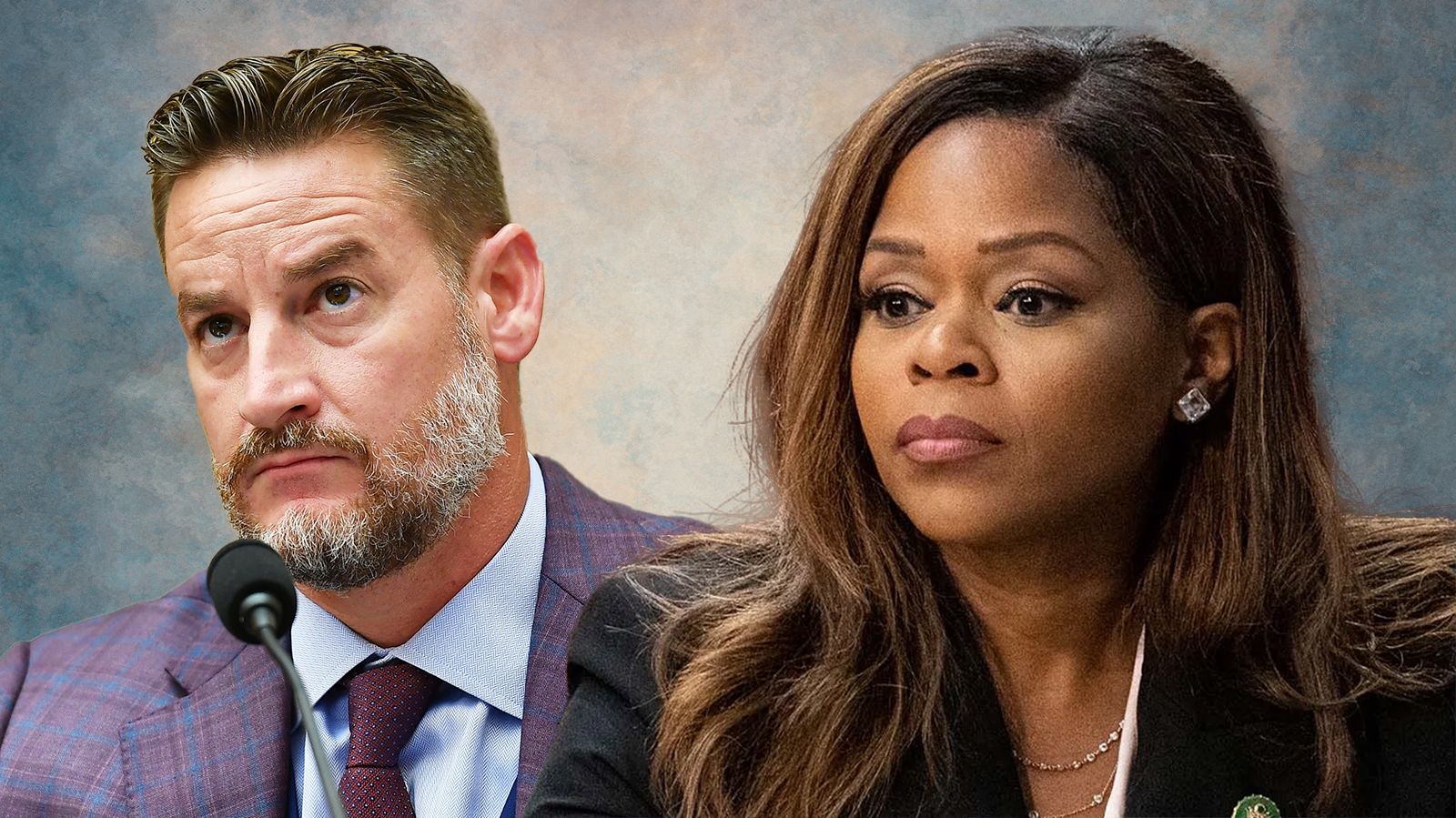
In a dramatic twist in Congress, U.S.
Rep. Greg Steube is spearheading an effort to expel fellow Rep.
Sheila Cherfilus-McCormick following a federal indictment accusing her of misappropriating $5 million in COVID-19 disaster funds for her 2021 campaign. Steube announced he would introduce a privileged resolution to remove Cherfilus-McCormick, arguing that defrauding the government disqualifies her from public service.
His bold move comes after the Justice Department's announcement of charges, which could potentially lead to a hefty prison sentence if she's convicted.
While some Democratic leaders are keeping a distance from her, Cherfilus-McCormick has temporarily stepped back from her committee role, insisting she’s fighting to clear her name.
The House Ethics Committee is already investigating the allegations, adding further scrutiny to the situation. This high-stakes political drama raises important questions about accountability and the ethics of congressional representatives in the face of serious legal accusations.